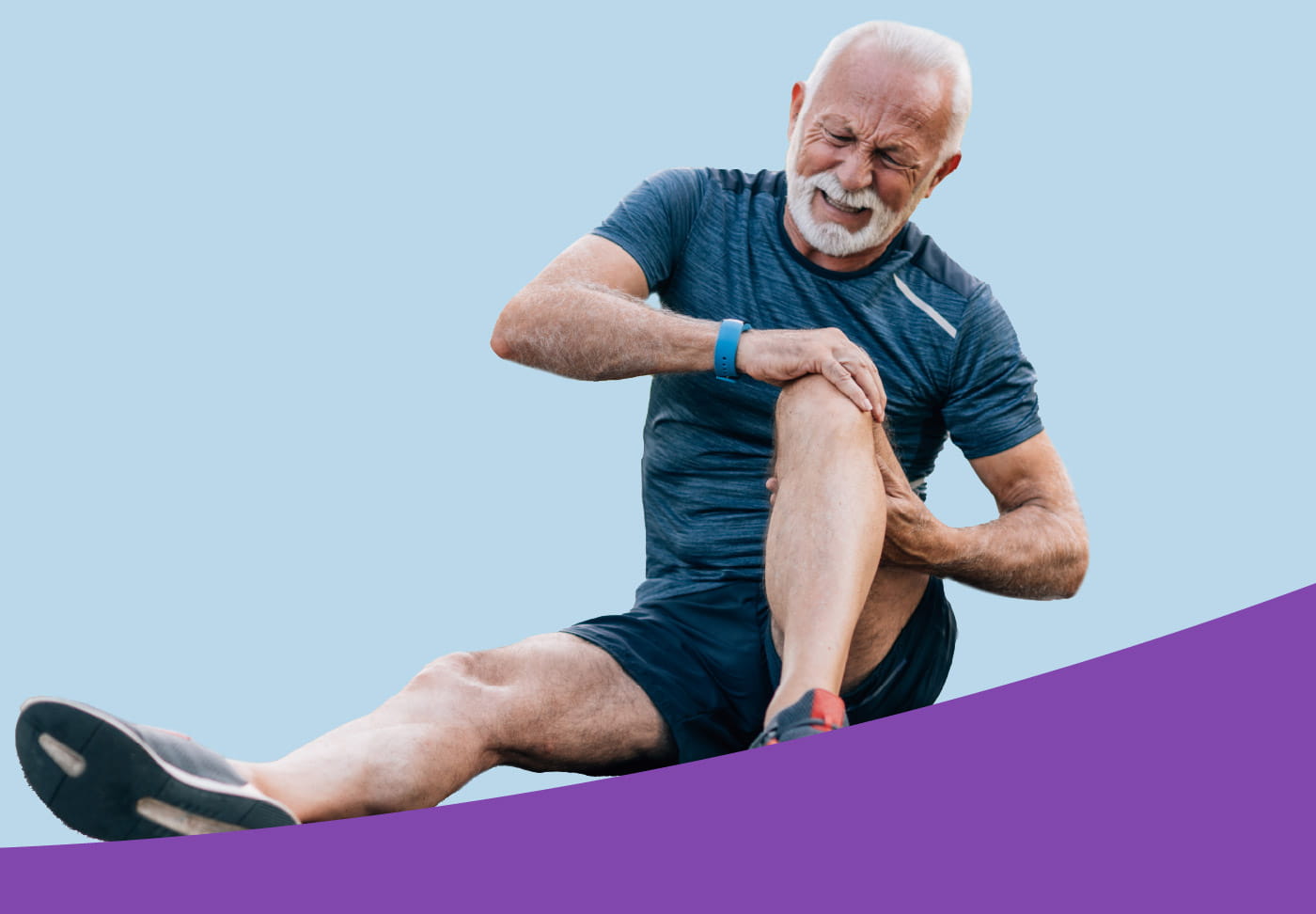By Dr. D. Hodari Brooks, Wellstar orthopedic surgeon
As a board-certified orthopedic surgeon, I treat hundreds of patients a year who have injured themselves while exercising on the weekend. Typically, this involves activities such as pickleball, tennis, soccer, golf and running. While these activities can promote improved muscle strength, joint health and cardiovascular benefits, when they are not done correctly, orthopedic injuries can result. Some of the more common injuries include:
Ankle injuries
Achilles injuries are some of the most common injuries I treat. Often, they result from improper stretching and warm-up prior to physical activity. When the Achilles is torn, surgical repair is often, but not always, necessary. Ankle sprains are also very common and usually much less severe than Achilles tears. These injuries typically result from rolling your ankle awkwardly when jumping or running. Rest, ice, elevation and compression with a bandage or brace is an effective treatment.
To help prevent these injuries, focus on a good stretching routine for at least 10 to 15 minutes before engaging in physical activity. Proper shoes can also help, and be mindful of where you step.
Knee injuries
Meniscal tears are one of the more common knee injuries. The meniscus is a circular disc-like cartilage located in the knee. When a twisting or torsional injury occurs, the meniscus can get torn. This can produce catching or locking type symptoms and may require surgical treatment. Injuries to the patellar tendon or quadriceps tendon are also somewhat common and usually result from a failure to stretch and warm up appropriately. Whenever the patellar or quadriceps tendon is torn, surgery is almost always required.
Focus again on stretching prior to activity. When the activity is relatively strenuous, such as pickleball, tennis or basketball, then you should build up a quadriceps strengthening program and core strengthening prior to engaging in activity.
Shoulder injuries
Rotator cuff injuries are very common and can range from strains to complete tears. Injuries occur when people fall on an outstretched hand, like diving for a ball, or through other twisting motions. When the rotator cuff is strained but not torn, physical therapy will usually suffice. However, when torn, surgical treatment may be necessary.
The best way to prevent shoulder injuries is to focus on stretching prior to activity and to engage in a strengthening program.
I encourage you to engage in physical activity, but attention to stretching, strengthening and focusing on your environment can help you avoid a variety of orthopedic injuries.
Learn more about orthopedic care at Wellstar at wellstar.org/ortho.

Dr. D. Hodari Brooks, Wellstar orthopedic surgeon





